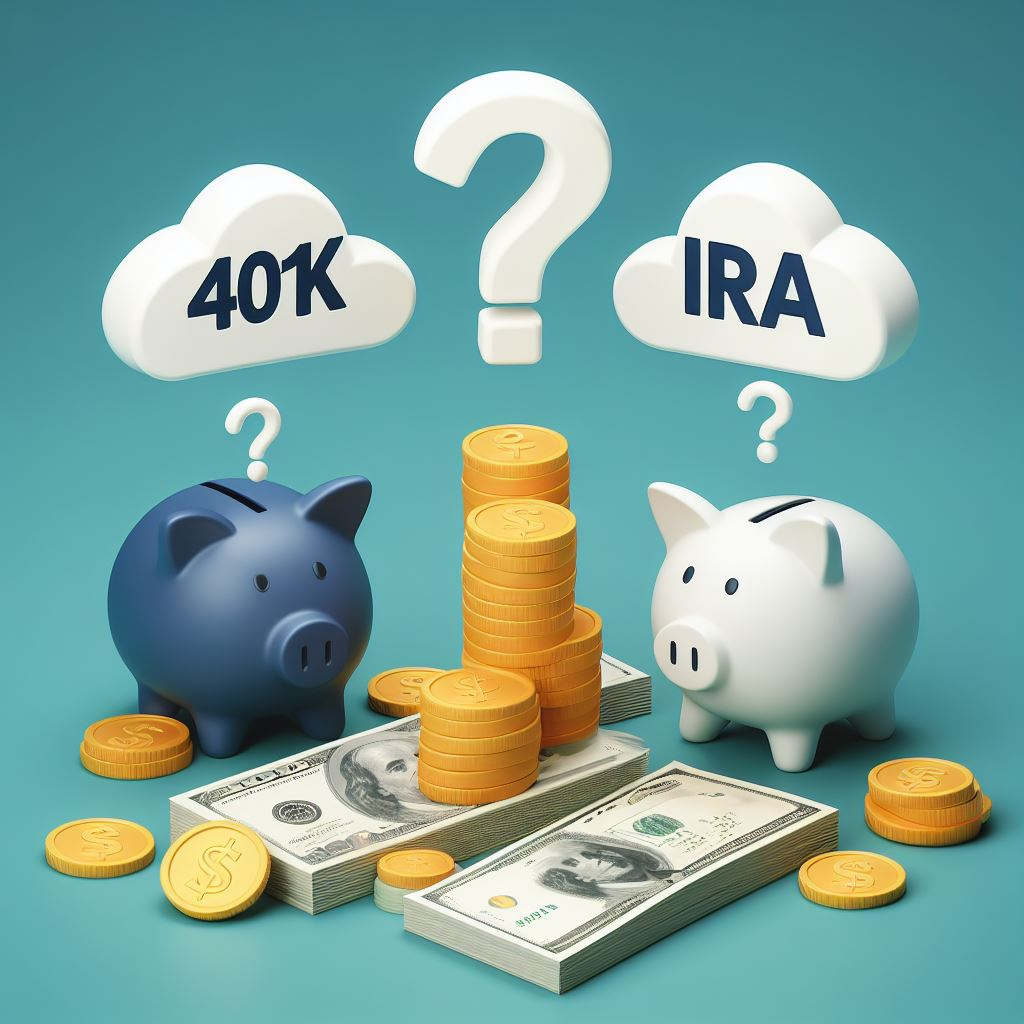
Are you considering transferring your 401(k) to an Individual Retirement Account (IRA), but concerned about the potential costs involved? It’s a common query among individuals planning for their retirement. Understanding the expenses associated with this transition is crucial for making informed decisions about your financial future.
Do I Have to Pay to Transfer My 401(k) to an IRA?
The good news is that, in most cases, transferring your 401(k) to an IRA doesn’t typically incur direct costs. This process, known as a rollover, allows you to move funds from your employer-sponsored retirement plan to an IRA without triggering immediate taxes or penalties.
Understanding Potential Costs
While the actual transfer itself doesn’t usually come with a price tag, it’s essential to consider any potential indirect costs that may arise during the process:
- Early Withdrawal Penalties: If you’re under the age of 59½ and choose to cash out your 401(k) rather than rolling it over into an IRA, you may face early withdrawal penalties and income taxes on the distributed amount.
- IRA Fees: Once your funds are transferred to an IRA, you may encounter various fees associated with managing your account, such as annual maintenance fees, investment management fees, and transaction fees. These expenses can vary depending on the financial institution and investment products you choose for your IRA.
- Investment Expenses: As with any investment, there may be underlying expenses associated with the investment options within your IRA, such as mutual fund expense ratios or advisory fees. It’s essential to review these costs and consider how they may impact your overall investment returns.
How a Financial Advisor Can Help
Navigating the intricacies of retirement account rollovers and investment decisions can be complex, especially if you’re unfamiliar with the process. This is where a knowledgeable financial advisor can offer invaluable assistance:
- Expert Guidance: A qualified financial advisor can provide personalized guidance tailored to your specific financial situation and retirement goals. They can help you evaluate the costs and benefits of transferring your 401(k) to an IRA and recommend suitable investment options based on your risk tolerance and time horizon.
- Cost-Effective Solutions: By leveraging their expertise and industry knowledge, a financial advisor can help you minimize unnecessary expenses and optimize your investment strategy to maximize your long-term returns.
- Comprehensive Financial Planning: Beyond the rollover process, a financial advisor can assist you in developing a comprehensive retirement plan that aligns with your overall financial objectives. This may include retirement income planning, tax optimization strategies, and estate planning considerations.
Conclusion
While transferring your 401(k) to an IRA typically doesn’t incur direct costs, it’s essential to consider potential indirect expenses and consult with a financial advisor to make informed decisions about your retirement savings. By understanding the costs involved and leveraging professional guidance, you can navigate this transition smoothly and work towards achieving your long-term financial goals.
Global View Capital Management (GVCM) is an affiliate of Global View Capital Advisors (GVCA). GVCM is a SEC Registered Investment Advisory firm headquartered at N14W23833 Stone Ridge Drive, Suite 350, Waukesha, WI 53188-1126. 262.650.1030. Ryan Peca is an Investment Adviser Representative (“Adviser”) with GVCM. Additional information can be found at www.adviserinfo.sec.gov Global View Capital Insurance Services (GVCI) is an affiliate of Global View Capital Advisors (GVCA). GVCI services offered through Experior Financial Group, ASH Brokerage, and/or PKS Financial. GVCI is headquartered at N14W23833 Stone Ridge Drive, Suite 350, Waukesha, WI 53188-1126. 262-650-1030. Ryan Peca is an Insurance Agent of GVCI.
These views do not necessarily represent the views of GVCM or any of its affiliates. Investment involves risk.